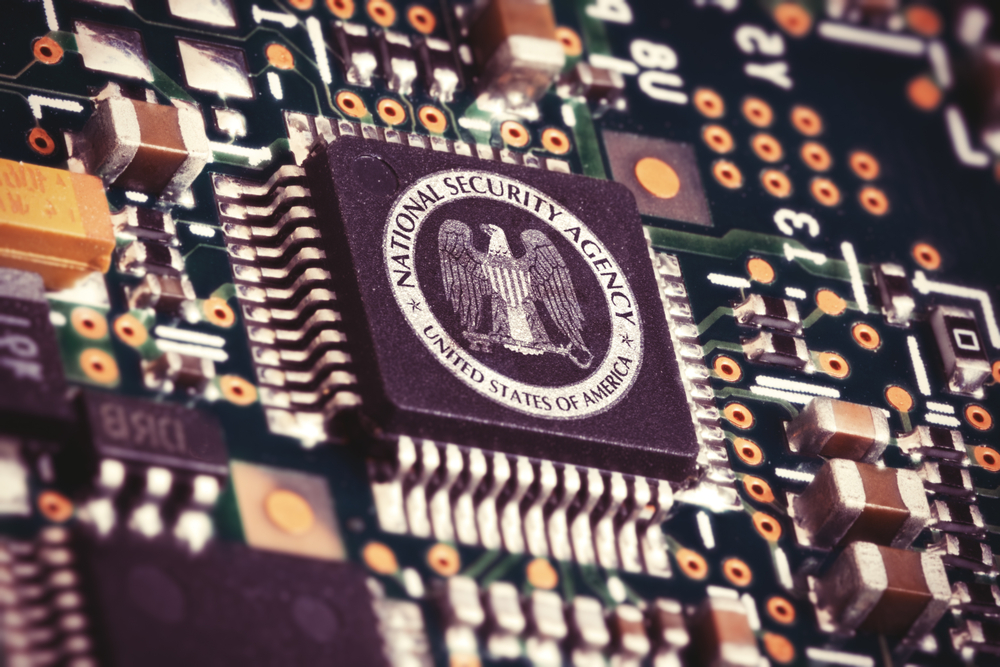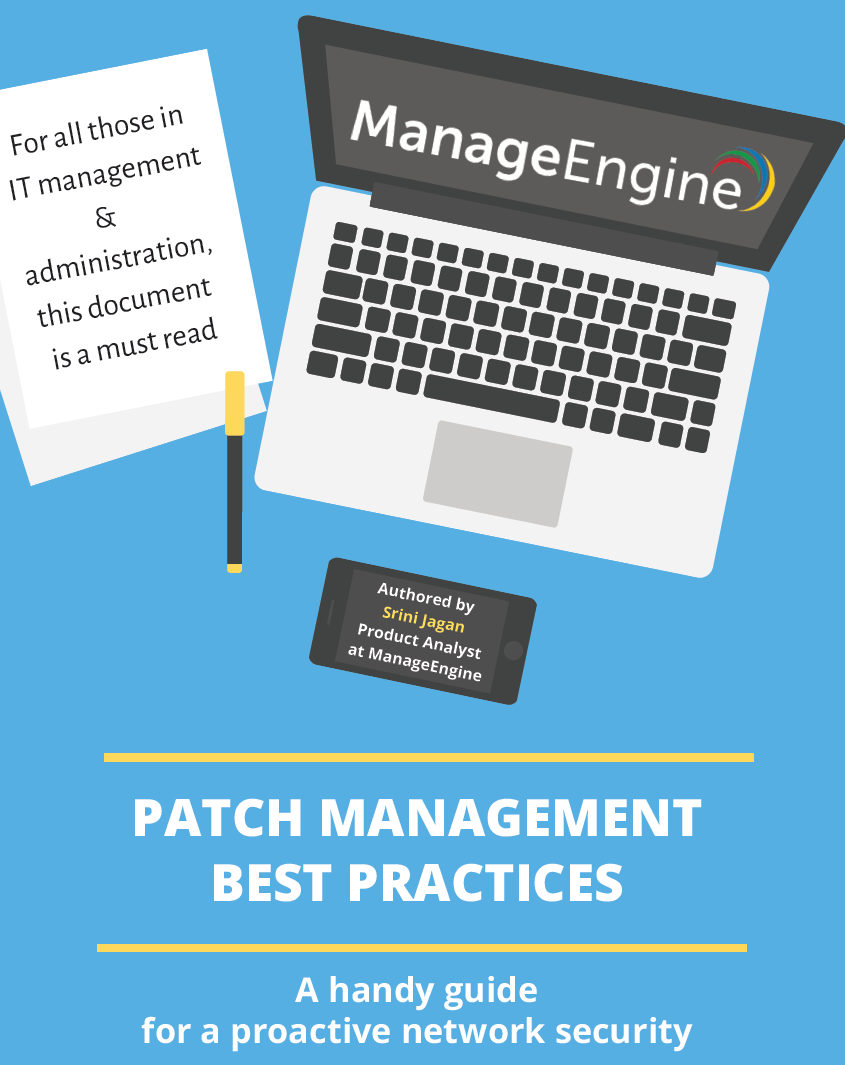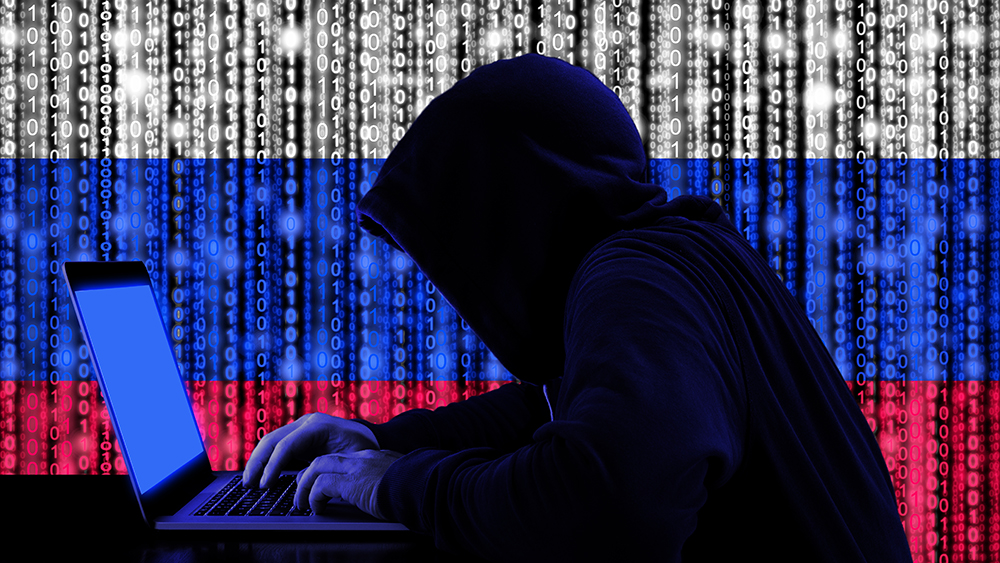NSA hands serious flaw to Microsoft rather than use it
Patch Windows 10 now, as the NSA has spotted a bug impacting security certificates


Update your Windows 10 computers now — the latest set of patches from Microsoft includes one for a scary flaw that was handed over by the US National Security Agency (NSA).
Ahead of this month's Patch Tuesday, rumours swirled of a serious cryptographic flaw. Yesterday the source of the discovery was revealed to be the NSA, which not only spotted the vulnerability but handed it over to Microsoft rather than making use of it itself. That's a departure from how the NSA would normally treat such discoveries and indicates not only the seriousness of the bug but also a desire to "turn over a new leaf" and start sharing its research into security rather than undermining it for surveillance purposes.
Indeed, the NSA said it wasn't the first time it had reported a vulnerability to Microsoft, but it previously refused credit.
The serious flaw in Microsoft's CrytpoAPI could be used to spoof a code-signing certificate to digitally sign malicious code, making it look as though it was from a trusted source. "The user would have no way of knowing the file was malicious, because the digital signature would appear to be from a trusted provider," Microsoft notes in the security notice. "A successful exploit could also allow the attacker to conduct man-in-the-middle attacks and decrypt confidential information on user connections to the affected software."
The NSA said that the flaw undermines trust in the widely used Public Key Infrastructure (PKI) and could impact everything from HTTPS connections and signed emails to signed code, across companies, home users and governments. "This kind of vulnerability may shake our belief in the strength of cryptographic authentication mechanisms and make us question if we can really rely on them. Fortunately, we can," Neal Ziring, Technical Director at the NSA Cybersecurity Directorate, said in a blogpost. "[The flaw] reflects a weakness in the implementation of one subtle aspect of PKI certificate validation. The technology and standards are sound; it is one implementation that needs repair."
RELATED RESOURCE

Thankfully, Microsoft and the NSA both said there was no evidence that the flaw had been spotted or used by hackers. "This month we addressed the vulnerability CVE-2020-0601 in the usermode cryptographic library, CRYPT32.DLL, that affects Windows 10 systems," said Mechele Gruhn, Principal Security Program Manager at the Microsoft Security Research Centre, in a blog post. "This vulnerability is classed Important and we have not seen it used in active attacks."
However, now that the details are public, we can expect that to change. "The consequences of not patching the vulnerability are severe and widespread," the NSA said in a statement. "Remote exploitation tools will likely be made quickly and widely available. Rapid adoption of the patch is the only known mitigation at this time and should be the primary focus for all network owners."
Get the ITPro daily newsletter
Sign up today and you will receive a free copy of our Future Focus 2025 report - the leading guidance on AI, cybersecurity and other IT challenges as per 700+ senior executives
The flaw impacts Windows Server as well as Windows 10, which is used on 400 million computers globally — but the patch is already available as part of Microsoft's monthly updates. “Customers who have already applied the update, or have automatic updates enabled, are already protected,” said Jeff Jones, a senior director at Microsoft, in a statement.
Of course, patching takes time for larger organisations. The NSA recommended via a statement that companies prioritise endpoints that are essential or widely used, such as web servers or DNS servers, as well as those with a high risk of exploitation, in particular those directly exposed to the internet and those used by privileged accounts.
While the notification of the flaw by the NSA will be welcome to Microsoft and its users, whether this signals a new era of cooperation remains to be seen. Chris Morales, Head of Security Analytics at Vectra, notes that different motivations could be in play, regardless of the agency's plans to "turn over a new leaf". "Kudos to the NSA for informing Microsoft and to Microsoft for quickly reacting," he said. "I’d be interested to understand what makes this exploit worth reporting to Microsoft instead of keeping for their personal arsenal as they have in the past.
"It could be because many of those previous tools leaked and have caused widespread damage across multiple organisations," he said. "It could be because there was a concern other would find this vulnerability themselves and it was dangerous enough to warrant remediation instead of weaponising. Or it just could be the NSA already has enough other methods for compromising a Windows system and doesn’t need it."
If it is a sign of cooperation to come, then it's to be welcomed and shows how the government can help security, said Allan Liska, Senior Solutions Architect at Recorded Future. "This reporting is also likely a direct result of the revamped Vulnerability Equities Process (VEP) at NSA," he adds. "The goal of the revamped program is to prioritise public interest in reporting security flaws and protecting core systems and infrastructure. Certificate signing is critical to the trust of software applications in both the public and private sectors, so this reporting certainly meets the “critical” threshold." He noted it's not known how long the NSA has been aware of the vulnerability, but it was reported to Microsoft a few weeks ago.
Freelance journalist Nicole Kobie first started writing for ITPro in 2007, with bylines in New Scientist, Wired, PC Pro and many more.
Nicole the author of a book about the history of technology, The Long History of the Future.
-
 Cleo attack victim list grows as Hertz confirms customer data stolen
Cleo attack victim list grows as Hertz confirms customer data stolenNews Hertz has confirmed it suffered a data breach as a result of the Cleo zero-day vulnerability in late 2024, with the car rental giant warning that customer data was stolen.
By Ross Kelly
-
 Lateral moves in tech: Why leaders should support employee mobility
Lateral moves in tech: Why leaders should support employee mobilityIn-depth Encouraging staff to switch roles can have long-term benefits for skills in the tech sector
By Keri Allan
-
 Hackers are lying low in networks to wage critical infrastructure attacks - here’s how they do it
Hackers are lying low in networks to wage critical infrastructure attacks - here’s how they do itNews Hackers are researching key IT workers in their bid to gain access to vital systems
By Steve Ranger
-
 ASUS, Cisco, Netgear devices exploited in ongoing Chinese hacking campaign
ASUS, Cisco, Netgear devices exploited in ongoing Chinese hacking campaignNews Critical national infrastructure is the target of sustained attempts from state-sponsored hackers, according to Five Eyes advisories
By Ross Kelly
-
 US reveals bespoke tool that took down Russian malware operation
US reveals bespoke tool that took down Russian malware operationNews Snake had been used to steal NATO countries’ data for 20 years
By Rory Bathgate
-
 Move away from memory-unsafe languages like C and C++, NSA urges
Move away from memory-unsafe languages like C and C++, NSA urgesNews The US agency advises organisations to begin using languages like Rust, Java, and Swift
By Zach Marzouk
-
 US gov issues fresh warning over Russian threat to critical infrastructure
US gov issues fresh warning over Russian threat to critical infrastructureNews The FBI, NSA and CISA have urged network defenders to be on "heightened alert" for Russian cyber attacks
By Connor Jones
-
 NSA warns smartphone users of ‘large scale data tracking’
NSA warns smartphone users of ‘large scale data tracking’News Common features like Bluetooth and Wi-Fi can reveal sensitive details about users like their daily routines
By Keumars Afifi-Sabet
-
 100GB of secret NSA data found on unsecured AWS S3 bucket
100GB of secret NSA data found on unsecured AWS S3 bucketNews The data related to a failed NSA cloud collaboration project
By Adam Shepherd
-
 Kaspersky claims pirated Office software was behind NSA exploit leak
Kaspersky claims pirated Office software was behind NSA exploit leakNews The company has released the early results of its investigation into the 2014 incident
By Adam Shepherd